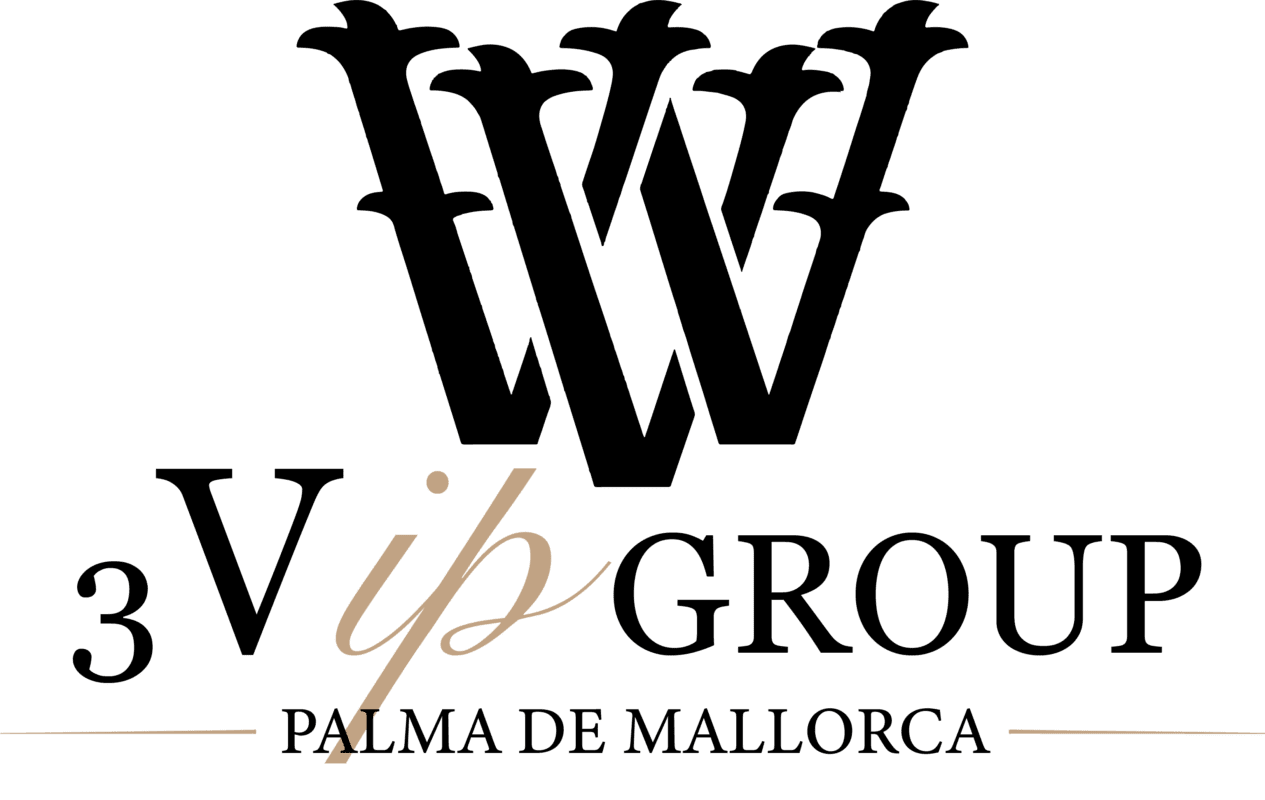
_____
![]()
Buyers Guide
How to buy a home in Mallorca
If you’re wanting to buy a home in Mallorca, for example in Puerto de Andratx, Bendinat, Puerto Portals, Son Vida, Costa d’en Blanes, or even in Palma, we’ve put together a guide with all the necessary details on “how to buy a home in Mallorca”:
The Escritura Publica and Nota Simple
The property’s recorded title deed is called the Escritura Publica.
It is the sole guarantee of title in Spain and includes information about the property, the owner, and any liens or lawsuits that may be pending against it.
A Nota Simple, which is also available from the Registry, offers additional information on any mortgages or levies made against the property.
IBI’s receipt
Check the ‘lmpuesto sobre Bienes lnmuebles’, or lBI, which is the municipal property tax, before investing in a resale (not new) Spanish property.
Because it has never been “owned,” a new property purchased from a developer will not have an IBI receipt, hence it is the buyer’s responsibility to register the property for this tax.
The Catastral Reference
‘Referencia Catastral’ of the subject property must be cited in every real estate transaction. Another system for registering real estate in Spain called Catastro focuses on the location, borders, and physical characteristics of the property. The Catastro is concerned with property appraisal, whereas the Property Registry is nearly entirely concerned with ownership and title.
Due to a lack of communication between these two systems, it is frequently the case that a property’s cadastral description and its entry in the Property Registry are very different from one another.
Statutes, community fees, and meeting minutes
This is only relevant if you’re purchasing a home in a community. The “Comunidad de Propietarios,” or Community of Property Owners, a governing body that oversees all shared amenities like the elevator, gardens, and pool, levies these fees.
Each owner is given a quota, or proportion, of the costs that are required to be covered by law.
Utility bills
These give you reassurance that the bills are paid as well as a general sense of the property’s operating expenses.
The Option Contract/Private Contract
It is customary for the buyer and seller to finalize the terms of the deal in a private contract known as an option contract or option agreement before the buyer puts down a non-refundable 10% deposit.
This payment secures the property for the buyer for a predetermined period and enables the buyer to plan the balance payment.
The initial buyer is entitled to double their deposit back if another buyer purchases the property despite the private contract being in place.
The deposit is lost if the buyer doesn’t finish the transaction.
The agreement you sign should specify the property, and the buyer and the seller as well.
The Escritura de Compraventa, or Purchase Deed
The sale is finalized by signing the Escritura de Compraventa in the presence of the Notary, assuming the private contract is valid and the buyer has the necessary finances to complete the transaction.
The agreement you sign should specify the property, and the buyer and the seller, as well.
Your ownership of the property is not assured by the Escritura de Compraventa until it has been recorded at the Property Registry (making it an Escritura Publica, or public document). The document is returned to the Notary after registration, where it is stored on file. If you require a copy, you can ask the notary for one, and they will provide you with an authorized copy. The deed should be registered within a few months, and your attorney will typically request payment in advance to cover the anticipated taxes and costs. Once the deed is registered, they will either bill you for the balance due or reimburse you for any excess funds.
Attorney and Notary
The Notario is not the same as a Attorney. The Notario is a public notary and a state representative who certifies the validity of contracts. He neither confirms nor attests to the veracity of the claims contained in the contract. You still require legal counsel to protect your interests.
Costs
When looking at Mallorca real estate, there are expenses to consider. On average, these expenses will account for about 12% of the cost of the property.
The notary
The amount of land, the size of the property, and the declared purchase price all factor towards the notary’s typical fee. Please be aware that there will be fees associated with each of the transactions (mortgage, purchase, etc.).
The Attorney
The laywers often charge 1% for their services.
The registry fee
the listing of the property in the official property registry under your name. Costs related to the mortgage’s inscription will also be incurred.
The transfer tax
In Spain, the inheritance transfer fee is 8% of the contract’s stated value.
Up to €400,000, there is an 8% transfer tax.
Any sum between 400,001 and 600,000 euros is subject to a 9% transfer tax.
10% Transfer Tax is applied to any amount between €600,001 and €1.000,000.
Any amount over €1.000.001 is subject to an 11% transfer tax.
This tax, which is value added tax with a 10% rate, will apply if you buy a new house from a developer.
The municipal tax
This municipal tax is based on the property’s growth in value since its last sale. It is known as ‘plusvalía’.
By visiting the municipal tax office in advance and inquiring, your layer can learn the precise amount that will be charged.
The tax deposit
Vendor costs: 3% of the declared purchase price.
You must deposit 3% of the total purchase price at the town hall in the name of the seller as a security against the seller’s potential future tax obligations if you are purchasing from a “non-resident” of Spain.
97% of the price is paid to the seller, and the remaining 3% is paid to the town hall.
This acts as a guarantee against the numerous Spanish tax obligations owed by the non-resident vendor.
Determining the property’s reported value
Until recently, declaring a low valuation for the property in order to reduce the transfer tax was a widespread practice. Now, the majority of attorneys urge each party to declare a reasonable market value.
You will be responsible for paying Spanish capital gains tax on any profit gained if and when you decide to sell the property. While it may be tempting to claim a low value today, you will eventually need to sell the property and will be taxed on a much larger profit.
Concerning the N.I.E. number
Anyone selling or purchasing real estate in Spain is required by law to hold an NIE, or Numero de Identidad de Extranjeros, which is Spanish for “Identity Number for Foreigners.” The current NIE is only a piece of paper with your name and number on it and an official stamp, as opposed to the plastic card that applicants for NIEs once received and could fit nicely into any pocket or purse.
Power of Attorney
A general power of attorney is frequently used to designate a legal representative in Spain if you are unlikely to be in Spain at the time of contract signature or transaction completion.
The document’s typical format lists all of the actions that the holder is authorized to take, including buying and selling real estate.
A national identity card or passport for both the “giver” and the “receiver” is the only document necessary to establish power of attorney.
Please don’t hesitate to get in touch with 3Vip Group – Luxury real estate if you have any inquiries concerning the buying procedure. Additionally, we may recommend you to our professional partners for collaboration from our extensive network on Mallorca.


